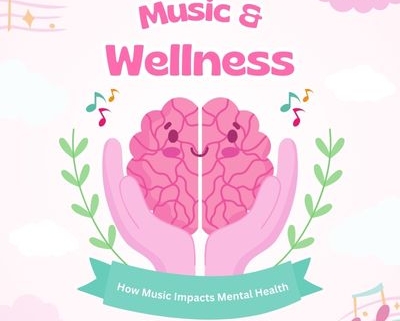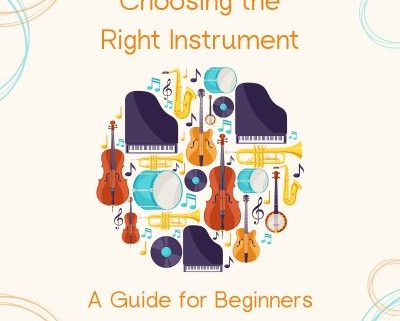Choosing music as a career is often driven by passion and creativity, but the journey offers more than just a dream. With various paths available, aspiring musicians can explore diverse opportunities in performance, education, composition, production, and beyond. Whether you’re looking to take center stage, work behind the scenes, or inspire others through teaching, a career in music can be as multifaceted as the art itself.
1. Performance
For many, the idea of a career in music is synonymous with performing. This path can range from solo artists and band members to orchestral musicians and session players. Performers may find work in concert halls, theaters, clubs, or even studios. Flexibility is key, as musicians often supplement income by playing a variety of gigs or collaborating with other artists. Opportunities may also arise in musical theater, film soundtracks, and television.
2. Music Education
Teaching music offers a rewarding career path for those who love to share their knowledge and passion with others. Educators can work in schools, universities, or conservatories, teaching anything from basic music theory to advanced performance techniques. Beyond formal settings, private music instruction is a growing field, allowing instructors to build their own businesses or teach independently. With an increasing demand for personalized learning, becoming a music teacher offers stability and fulfillment.
3. Composition and Songwriting
Behind every great song is a talented songwriter or composer. From creating music for film scores and video games to writing pop hits, composition offers a variety of niches. This career allows musicians to blend creativity with technical skill, making it ideal for those who enjoy crafting original works. Songwriters may collaborate with artists or work independently, while composers can score anything from symphonies to background music for commercials.
4. Music Production
With the rise of digital technology, music production has become an accessible and exciting career path. Producers and audio engineers work in recording studios, shaping the sound of albums, podcasts, and live performances. This career requires a keen ear and technical expertise, as producers guide artists in making creative decisions and refining their sound. For those who love the process of creating music but prefer working behind the scenes, production offers an ideal blend of artistry and technology.
5. Music Therapy
Music therapy is a unique field that blends music with healthcare, helping individuals cope with emotional, physical, and psychological challenges. Music therapists work in hospitals, schools, and rehabilitation centers, using music as a tool to promote healing and well-being. This career is perfect for those who want to combine their love of music with a desire to help others, and it often requires additional certifications or degrees in therapy and counseling.
6. Music Business and Administration
If you’re drawn to the operational side of the music industry, careers in management, marketing, or music law might be the perfect fit. Music managers, booking agents, and publicists work to promote artists and ensure their success. Similarly, music lawyers specialize in protecting the rights and intellectual property of musicians. For those with a business mindset, music publishing and rights management might offer exciting opportunities.
7. Freelance and Entrepreneurship
As the music industry continues to evolve, many musicians carve out their own niche through freelance work or entrepreneurship. Freelancers may take on multiple roles—performing, teaching, producing, or composing—depending on their skills and interests. Building a personal brand, leveraging social media, and collaborating with others can help musicians expand their reach and income potential. This path provides flexibility and autonomy, ideal for those who value creative freedom.
Take the First Step with Personalized Music Lessons
While the possibilities for a career in music are vast, each path begins with a solid foundation of musical skills. Whether you’re looking to improve your performance or learn a new instrument, personalized music lessons can help you take the first step toward achieving your career goals. Our experienced instructors offer one-on-one lessons tailored to your aspirations and abilities. Ready to start your music journey? Call us or submit a form to get started today.




